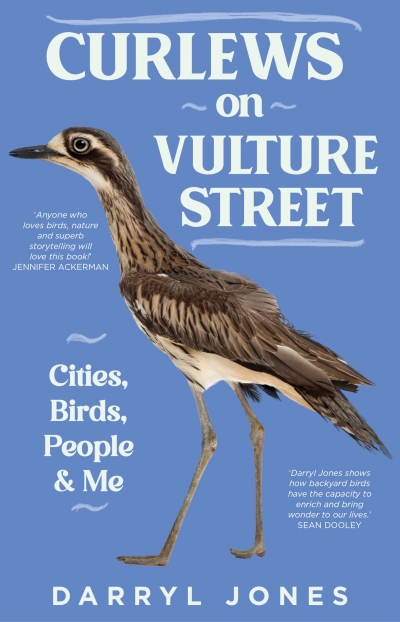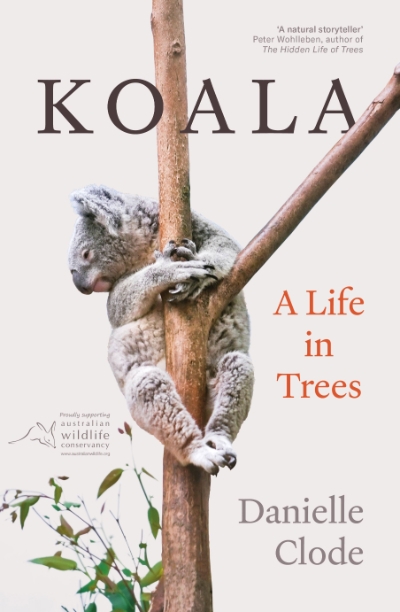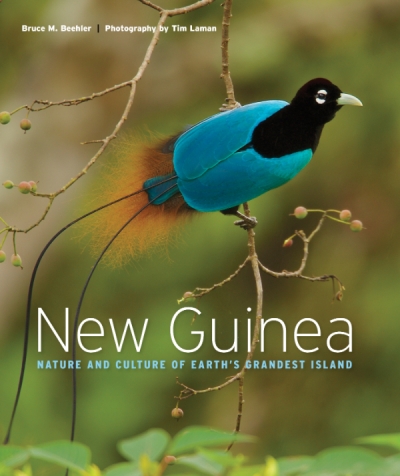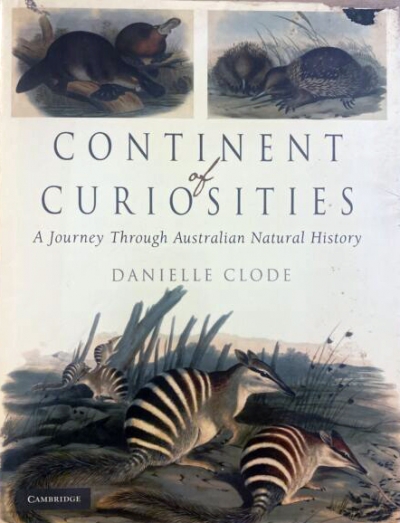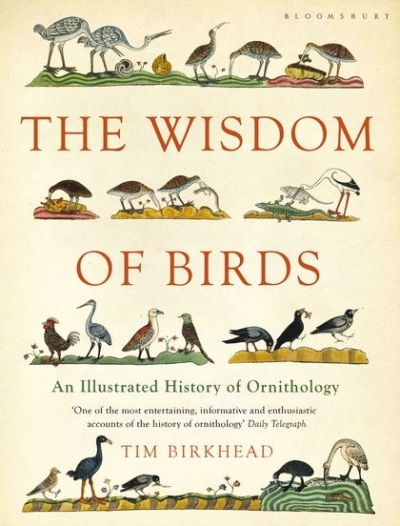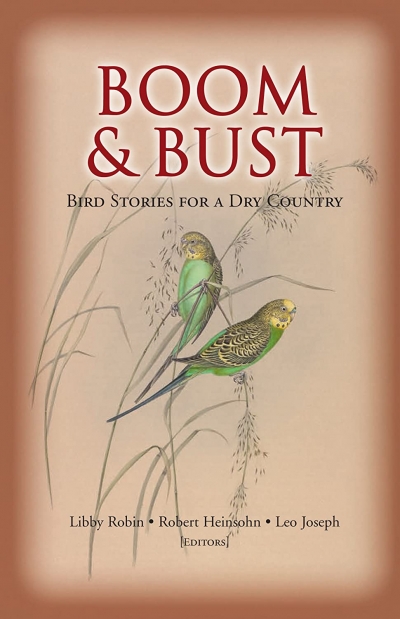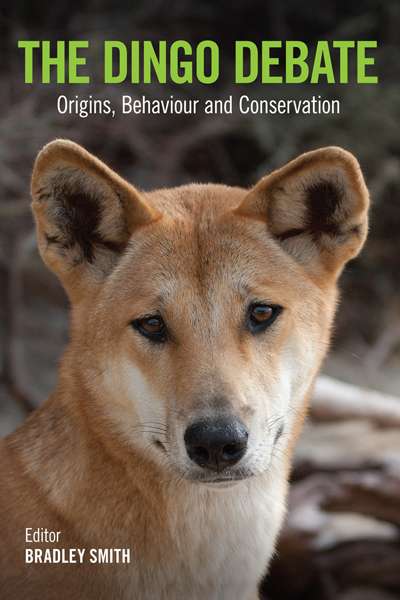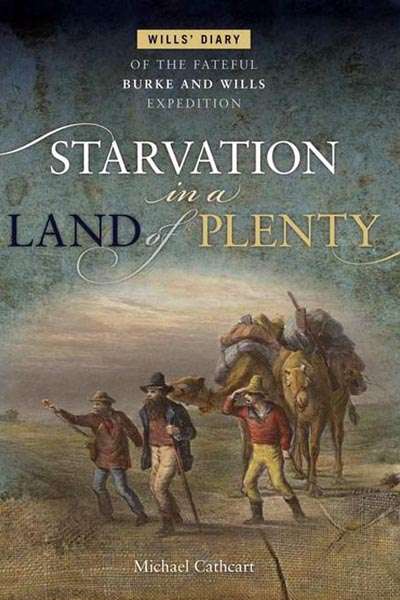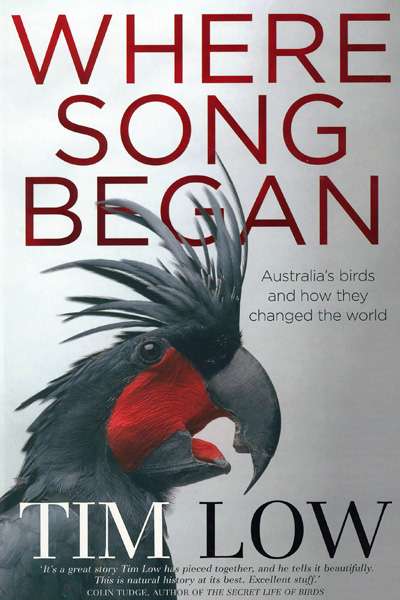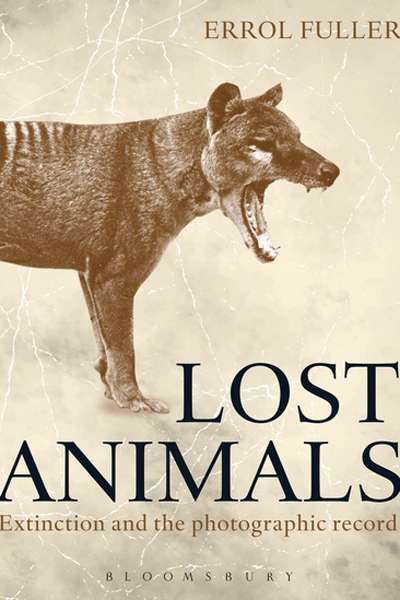Peter Menkhorst

Peter Menkhorst is a zoologist with the Victorian Government’s Arthur Rylah Institute for Environmental Research where he works on a broad range of fauna conservation issues. He has produced field guides to both the mammals and the birds of Australia, most recently The Australian Bird Guide (CSIRO Publishing, 2017).
This is the third book dedicated to the koala that I have reviewed in ABR in the past fourteen years. That level of attention says much about the place we hold in our hearts for this endearing marsupial. It also relates to the fascinating natural and social history of the koala, along with the wildlife management conundrums it throws up. The koala is probably the most widely recognised of Australi ... (read more)
Australia’s nearest neighbour, the fabulous New Guinea, is one of the least developed and least known islands on earth. The largest and highest tropical island, it boasts extensive tracts of old-growth tropical forest (second only to the Amazon following massive destruction in Borneo and Sumatra), equatorial alpine environments, extensive lowland swamp forests, and huge abundances and diversitie ... (read more)
In the late twentieth century, museums throughout the world faced a number of challenges. Confronted with a plethora of flashy new technologies, they struggled to overcome a perception of irrelevance and fustiness. Bureaucrats demanded that museums pay their way, entertain the masses, and meet the growing expectations for instant gratification and information without effort.
... (read more)
Peter Menkhorst reviews 'The Wisdom of Birds: An illustrated history of ornithology' by Tim Birkhead
If the history of ornithology seems esoteric, of interest only to specialists, this is the book to open your eyes. Tim Birkhead is an eminent field ornithologist and a gifted and passionate science communicator. Each of these elements shines from this book, a wonderful distillation of the vast ornithological literature that has accumulated over the past four centuries. Effectively a history of nat ... (read more)
The concept behind this book is unusual and ambitious. In twelve essays centred on charismatic birds of Australia’s inland, the authors attempt to provide a deeper understanding of the ecology of arid Australia. They also hope that their writings will provide insights and inspiration about how humans might live there in a more sustainable way. Birds were selected as the linking theme of these es ... (read more)
Australia’s wild dog, the dingo, probably generates the most diverse human responses of any of our fauna – from a determination to exterminate to passionate conservation advocacy. This book is a bold attempt to cover this diversity and asserts that the dingo is a unique wild animal worthy of conservation for its intrinsic value, as well as for its critical role in ecological function and stabi ... (read more)
The white explorers who first penetrated the interior of this continent were exceptional men. White Australians of the time considered them heroes, performing an essential role in identifying opportunities for exploitation, settlement, and commerce. Mostly, the explorers were heroic – determined, tough, single-minded, and stoic in the face of enormous hardship. They also needed bushcraft, that e ... (read more)
Australia’s birds stand out from the global avian pack in many ways – ecologically, behaviourally, because some ancient lineages survive here, and because many species are endemic. The ancestors of more than half of the planet’s ten thousand bird species (the songbirds) evolved right here (eastern Gondwana) before spreading across the world. Indeed, Tim Low claims in this important and illum ... (read more)
Errol Fuller has played a key role in documenting historical extinctions of birds, notably the Great Auk and the Dodo. In the course of this work he has accumulated a fascinating collection of photographs of now extinct animals, many of them unique and not previously published.
... (read more)

